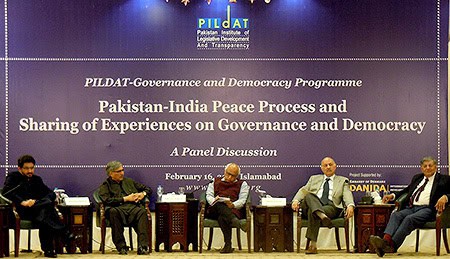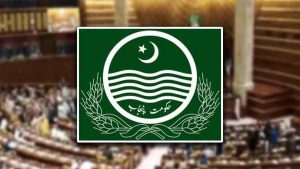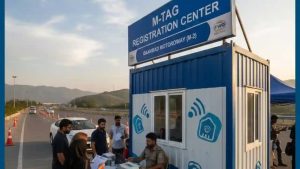ISLAMABAD – The participation of India in the China-Pakistan Economic Corridor (CPEC) Project could usher in a new era of prosperity and change in the face of South Asia.
Mr. Sudheendra Kulkarni, Chairman, Observer Research Foundation, India, shared these views at the panel discussion on Pakistan-India Peace Process and the Sharing of Experiences on Governance and Democracy hosted by PILDAT in Islamabad on February 16.

In his address, Mr Kulkarni spoke of the CPEC as an economic miracle, one whose dividends would multiply if India were also to participate in the venture. Infrastructure connecting the CPEC to the Bangladesh-China-India-Myanmar Economic Project across Northern India could transform the face of the region and usher in a new era of economic cooperation. However, he said that China and Pakistan needed to address Indian concerns on the CPEC project before this could happen.

On the occasion of the 70th anniversary of the 1947 Partition, both countries needed to renew efforts to normalise bilateral ties and evaluate their positions by putting themselves in the other country’s shoes. In the context of Kashmir, while India had focused on the issue of terrorism, Pakistan had always stressed upon Kashmir as a political issue. He impressed upon the audience the importance of thinking anew about the problems that had strained Pakistan-India ties in the past, saying that good statesmanship in both countries would depend upon the ability to set aside older grudges. He spoke of many of the initiatives that he had been apart of, chief among which was the campaign that he steered in India called the“Kuch Naya Karein” programme.
Senator Mushahid Hussain Sayed, while discussing the theme, spoke about how the idea of a multilateral cooperative framework or a confederation was a pipe dream: Pakistan and India needed to engage on a bilateral level before any regional endeavour could be attempted. He also proposed that both nations needed to open the doors for back-channel diplomacy. Speaking on the issue of Kashmir, he said that the people of Kashmir had spoken: the uprising after July 2016 was, in fact, a de facto plebiscite. He stressed on taking forward the recommendations of the report prepared by the commission led by Mr Yashwant Sinha, Former Minster of External Affairs, India, on Kashmir for a meaningful framework for the process of peace building between both countries.
Mr Riaz Hussain Khokhar in his remarks pointed out that the distrust between Pakistan and India currently was at an all time high. Any sort of regional cooperation attempted with India could not meet the same fate as the SAARC Conferences, in which the largest member country had neutralised the multi-lateral forum by boycotting its proceedings. Mr Khokhar agreed with Mr Kulkarni on the fact that there was a need for forward thinking, however, it could not be at the cost of ignoring ground realities in Kashmir or on the diplomatic front.
Mr Saleem Safi said that Pakistan had already taken a step forward diplomatically by engaging with India in the Heart of Asia Conferences and other smaller conferences. For India to call into question Pakistan’s commitment to eradicating terrorism at the time when the country was suffering heavily and attempting to right past wrongs in using proxies to fight its battles was unjust.
Earlier Mr Ahmed Bilal Mehboob, President, PILDAT in his opening remarks had spoken about how PILDAT since 2004, had been facilitating Dialogues and other initiatives between Legislators and Subject-Experts of Pakistan and India at the National and Sub-National level with the objective to improving bilateral relations. The experiences of these exchanges confirmed that there existed a tremendous opportunity, need and the requirement to provide avenues for a structured exchange of views and good practices on areas of governance and democracy between India and Pakistan. PILDAT was, therefore, pleased to continue the exchange through a panel discussion by a visiting Indian scholar, Mr Sudheendra Kulkarni, Chairman, Observer Research Foundation, India on the subject.
Though Mr Kulkarni has actively spoken for several years about Pakistan-India relations, on October 12, 2015, hours before the launch of Mr. Khurshid Mahmud Kasuri’s, book “Neither a Hawk, Nor a Dove: An Insider Account of Pakistan’s Foreign Policy” Mr. Kulkarni fell victim to an assault by the activist of the Indian Political Party Shiv Sena. Despite threats and physical assault, Mr Kulkarni stood by his commitment to host the book launch.














